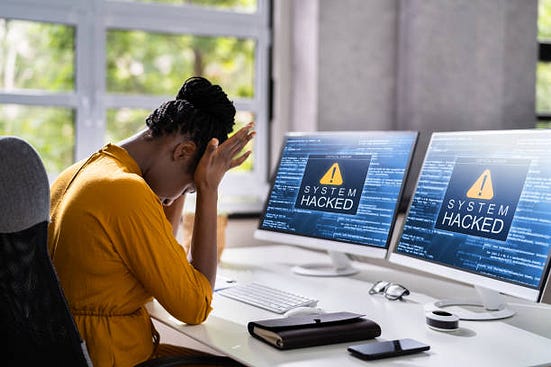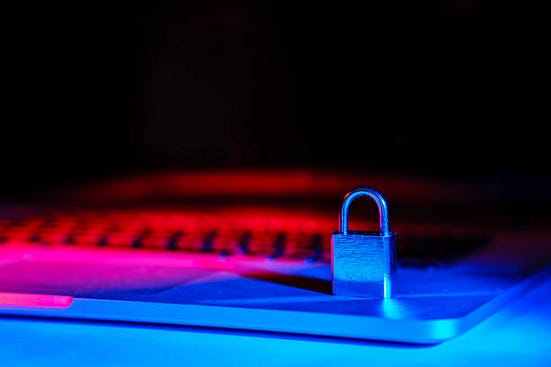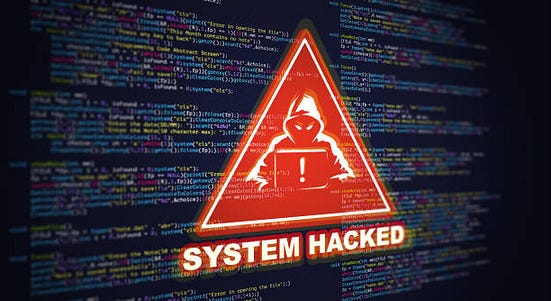How to Stay Safe Online: A Beginner’s Guide to Cybersecurity
3 min read

As our lives have increasingly moved online, cybersecurity has become more important than ever. From hackers trying to steal sensitive information to identity thieves trying to steal our identities, the internet can be a dangerous place. However, with the right tools and practices, it is possible to stay safe online. In this guide, we will explore the basics of cybersecurity and provide tips for beginners on how to stay safe online.
Chapter 1: Understanding Cybersecurity

To understand how to stay safe online, it is important to first understand what cybersecurity is. Cybersecurity refers to the practice of protecting computers, servers, mobile devices, electronic systems, networks, and data from digital attacks. Cybersecurity is important because cyberattacks can have serious consequences, including financial loss, identity theft, and damage to reputation. Common types of cyberattacks include:

- Malware: Malware is any software that is designed to harm or exploit computers, servers, or networks. Malware can be used to steal sensitive information, control computers remotely, or cause damage to systems.
- Phishing: Phishing is a type of social engineering attack in which attackers attempt to trick people into providing sensitive information such as login credentials or credit card information.
- Ransomware: Ransomware is a type of malware that encrypts a victim’s data and demands payment in exchange for the decryption key.

- Denial-of-service attacks: Denial-of-service attacks are attacks in which attackers flood a server or network with traffic in order to overload it and make it unavailable to users.
Chapter 2: Creating Strong Passwords
One of the simplest and most effective ways to protect yourself online is to create strong passwords. A strong password is one that is difficult for others to guess or crack. To create a strong password, consider the following tips:
- Use a mix of uppercase and lowercase letters, numbers, and symbols.
- Avoid using dictionary words or common phrases.
- Use a different password for each account.
- Consider using a password manager to store and generate strong passwords.
Chapter 3: Keeping Software Up-to-Date
Another important aspect of cybersecurity is keeping your software up-to-date. Software updates often include security patches that address known vulnerabilities. To ensure that your software is up-to-date, consider the following tips:
- Enable automatic updates for your operating system and software applications.
- Install antivirus and anti-malware software to detect and remove malicious software.
- Avoid using outdated software or operating systems.
Chapter 4: Being Mindful of Social Engineering
Social engineering is the art of manipulating people into divulging sensitive information or performing actions that they would not normally do. Social engineering attacks can be difficult to detect, but there are some things you can do to protect yourself:

- Be wary of unsolicited emails, phone calls, or messages that ask for sensitive information.
- Be skeptical of offers that seem too good to be true.
- Always verify the identity of someone who is asking for sensitive information.
Chapter 5: Using Public Wi-Fi Safely
Public Wi-Fi networks can be convenient, but they can also be risky. When you connect to a public Wi-Fi network, you are potentially exposing your sensitive information to others on the same network. To use public Wi-Fi safely, consider the following tips:
- Avoid logging into sensitive accounts, such as banking or email, while using public Wi-Fi.
- Use a virtual private network (VPN) to encrypt your internet connection and protect your data.
- Consider using your mobile device as a hotspot instead of using public Wi-Fi.
tips:

- Use strong privacy settings on social media and other online accounts.
- Avoid oversharing personal information online.
- Be cautious when clicking on links or downloading attachments from unknown sources.
- Use a secure browser and enable private browsing mode.
Chapter 7: Backing Up Your Data

Finally, it is important to back up your data regularly in case of a cyberattack or other data loss event. To back up your data, consider the following tips:
- Use cloud storage services or external hard drives to back up your data.
- Create multiple backups and store them in different locations.
- Test your backups regularly to ensure they are working properly.
read more :–



